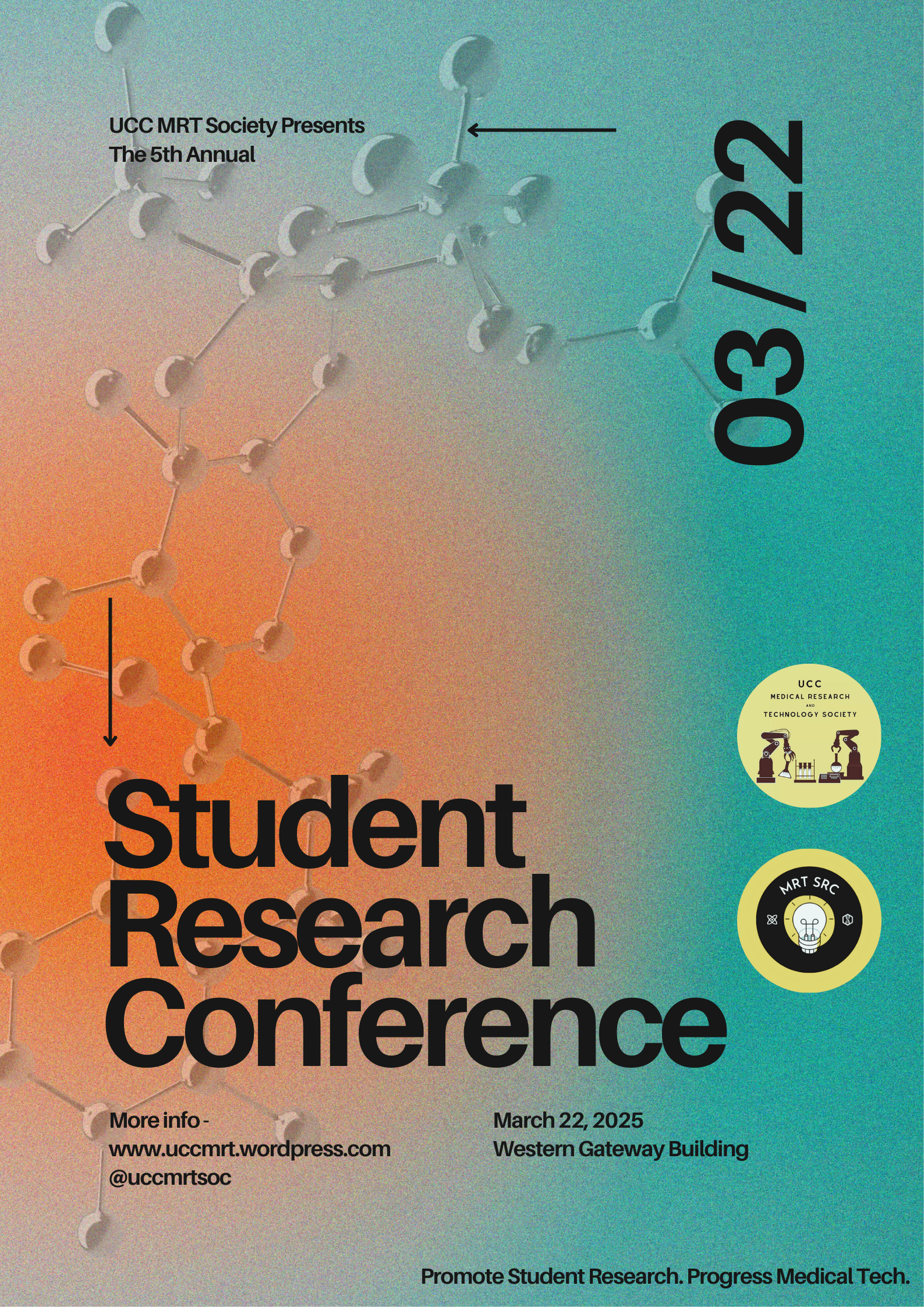Impact of opioid-free anaesthesia on postoperative opioid consumption: a systematic review and meta-analysis
DOI:
https://doi.org/10.33178/SMJ.2025.1.37Abstract
Background: The main objective was to assess the effects of opioid-free versus opioid-based anaesthesia on postoperative opioid use.
Methods: A systematic review and meta-analysis were conducted using MEDLINE, SCOPUS, Cochrane Library, Web of Science, and Embase. Inclusion criteria consisted of randomised control trials published from 2004–2024 on adult surgical patients undergoing opioid-free or opioid-based general anaesthesia. Studies with regional anaesthesia, ICU, or pregnant patients were excluded. The primary outcome measure was postoperative opioid consumption at 24 hours. Subgroup analysis was performed on studies measuring the postoperative period as 1-3 hours, 12 hours, 24 hours, and 48 hours. Secondary outcome measures were postoperative nausea and vomiting, Post-Anaesthesia Care Unit discharge time, and pain scores. The Cochrane Risk of Bias (RoB-2) tool assessed the risk of bias, and a meta-analysis was performed using Cochrane RevMan software.
Results: The search included 26 RCTs with 2,370 patients undergoing various surgeries, predominantly gastric bypasses, and cholecystectomies. The patients varied in age, BMI, and ASA grade. Opioid-free anaesthesia was associated with a decrease of 11.55 [18.91, 4.20] mg oral morphine equivalents postoperatively. There was also a statistically significant decrease in postoperative nausea and vomiting (RR=0.62 [0.55, 0.71]), and pain scores (0.49 [0.83, 0.15]) in the opioid free anaesthesia group. PACU discharge time was slightly longer in the opioid free group (5.32 [0.11, 10.53] minutes).
Discussion: Our systematic review and meta-analysis found a decrease in postoperative opioid consumption in those receiving opioid-free anaesthesia versus opioid-based anaesthesia. We also found that opioid-free anaesthesia can decrease postoperative nausea and vomiting and pain scores. These findings suggest that opioid-free anaesthesia can improve patient outcomes. Limitations include variability in opioids between studies, extrapolated dosage conversions, and non-opioid analgesic use. High heterogeneity across analyses reflects these differences.
References

Downloads
Published
Issue
Section
Categories
License
Copyright (c) 2025 Hannah Anderson, Noor Alshami, Anahita Azadian, Gabrielle Iohom

This work is licensed under a Creative Commons Attribution-NonCommercial 4.0 International License.









